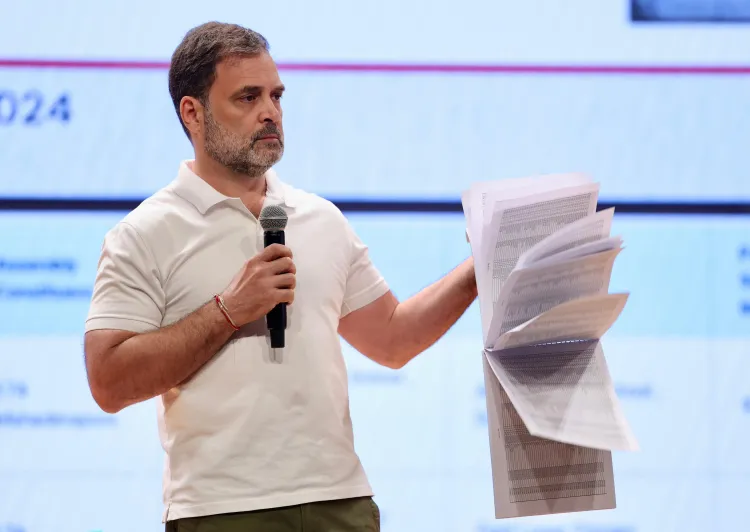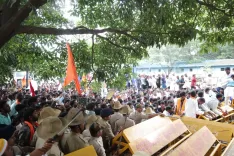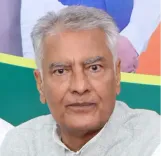Why Did the Madras HC Dismiss the PIL on ECI's Response to Rahul Gandhi's Vote Fraud Claims?

Synopsis
Key Takeaways
- The Madras High Court dismissed the PIL due to insufficient evidence.
- A penalty of Rs 1 lakh was imposed on the petitioner.
- Rahul Gandhi's allegations of voter fraud remain unaddressed by the Election Commission.
- The court affirmed the ECI's autonomy in decision-making.
- Transparency in elections is crucial to public trust.
Chennai, Sep 10 (NationPress) The Madras High Court has rejected a Public Interest Litigation (PIL) and imposed a penalty of Rs 1 lakh for requesting the Election Commission of India (ECI) to respond to Congress MP Rahul Gandhi’s claims of extensive manipulation of voter lists during the 2024 general elections.
This PIL was initiated by advocate V. Venkata Sivakumar and was dismissed by a bench including Chief Justice M.M. Shrivatsava and Justice G. Arul Murugan.
The court concluded the writ petition with a cost of Rs 1,00,000, to be paid to the Tamil Nadu State Legal Services Authority. Furthermore, it asserted that the Election Commission is entitled to make its own decisions regarding the issues raised.
The PIL was filed following a special PowerPoint presentation by Rahul Gandhi, where he criticized the Election Commission for allegedly permitting vote theft during the 2024 Lok Sabha Elections. He accused the electoral body of incorporating fictitious voters into the electoral rolls, especially in Karnataka and Maharashtra, to favor the ruling party.
The petitioner requested the court to order the Election Commission to clarify its stance on Rahul’s accusations and to make this information publicly accessible.
In his appeal, the petitioner stated, “The court should compel the respondent to present before this court and make available in the public domain the relevant electoral roll data for all constituencies in a machine-readable format, along with a comprehensive status report of all actions, inquiries, audits, and measures taken in response to these allegations, to ensure transparency, public confidence, and adherence to the constitutional mandate of free and fair elections as outlined in Articles 324, 14, 19(1)(a) of our Constitution.”
The court criticized the misguided petition, indicating that it was based merely on allegations and lacked substantial evidence.
It noted that the petition was vague and lacking in specific details and concluded that no directive could be issued to the Election Commission to clarify its position.








